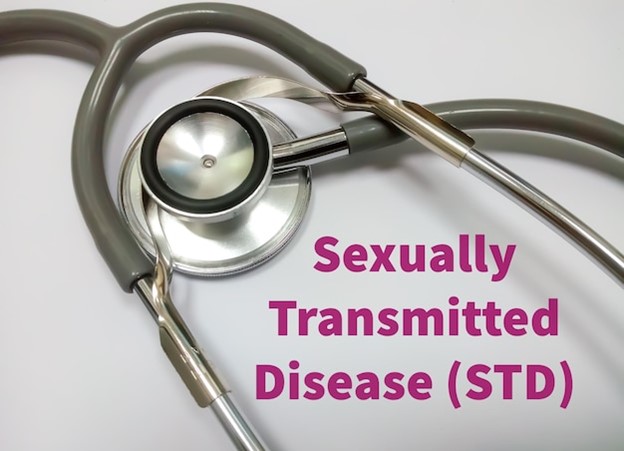Sexually transmitted diseases (STDs) are a significant public health concern in South Africa. With a high prevalence of certain infections, it is crucial to increase awareness, understanding, and proactive measures to promote sexual health. In this article, we will explore the importance of understanding STDs, discuss common infections in South Africa, and provide essential information on prevention, testing, and treatment options.
STDs, also known as sexually transmitted infections (STIs), are infections spread through sexual activity, including vaginal, anal, or oral sex. They can be caused by bacteria, viruses, or parasites. While anyone who engages in sexual activity can contract an STD, certain populations, including young people, men who have sex with men, and individuals with multiple sexual partners, are at higher risk.
South Africa faces a significant burden of STDs, including HIV/AIDS, syphilis, gonorrhea, chlamydia, and genital herpes. Understanding these infections, their modes of transmission, and their potential consequences is crucial for prevention and early detection.
- HIV/AIDS: South Africa has one of the highest HIV/AIDS prevalence rates globally. HIV (human immunodeficiency virus) weakens the immune system, making individuals more susceptible to infections and other health complications. The virus is primarily transmitted through unprotected sexual intercourse, sharing needles, and from mother to child during childbirth or breastfeeding. Regular HIV testing, consistent condom use, and access to antiretroviral therapy (ART) are key in preventing and managing HIV/AIDS.
- Syphilis: Syphilis is a bacterial infection that can cause serious health complications if left untreated. It is transmitted through direct contact with syphilis sores, usually during sexual activity. Pregnant women with syphilis can pass the infection to their unborn babies, leading to congenital syphilis. Syphilis can be treated with antibiotics, and routine screening is recommended, especially for pregnant women.
- Gonorrhea and Chlamydia: Gonorrhea and chlamydia are bacterial infections that primarily affect the genital tract. They can be transmitted through unprotected sexual contact with an infected individual. These infections often present with minimal or no symptoms, leading to undiagnosed cases and potential complications such as pelvic inflammatory disease (PID). Testing, early diagnosis, and appropriate antibiotic treatment are essential in managing these infections.
- Genital Herpes: Genital herpes is a viral infection caused by the herpes simplex virus (HSV). It is transmitted through direct skin-to-skin contact during sexual activity. Genital herpes can cause painful sores or blisters in the genital area and can recur periodically. Antiviral medications can help manage symptoms and reduce the risk of transmission.
Promoting sexual health and preventing the spread of STDs requires a comprehensive approach. Here are some key strategies to consider:
- Education and awareness: Provide accurate information about STDs, modes of transmission, prevention methods, and the importance of regular testing. Encourage open discussions about sexual health in schools, communities, and healthcare settings.
- Condom use: Consistent and correct use of condoms is one of the most effective ways to prevent the transmission of STDs. Promote condom use as part of sexual health education and make them widely accessible.
- Routine testing: Encourage individuals to undergo regular STD testing, especially if they have multiple sexual partners or engage in high-risk sexual behavior. Testing allows for early detection and timely treatment, reducing the risk of complications and further transmission.
- Vaccination: Vaccines are available for certain STDs, such as hepatitis B and human papillomavirus (HPV). Promote vaccination programs, especially among adolescents and young adults, to prevent these infections and related health issues.
- Accessible healthcare: Ensure that affordable, confidential, and non-judgmental sexual health services are accessible to all individuals, including young people. This includes STD testing, counseling, treatment, and access to contraception methods.
- Partner communication: Encourage open and honest communication with sexual partners about STDs, testing history, and safer sex practices. This fosters a culture of shared responsibility and encourages individuals to take proactive measures in protecting their sexual health.
Remember, prevention is key, but if an STD is contracted, early detection and prompt treatment are vital. If you suspect you may have an STD or have engaged in high-risk behavior, it is important to consult a healthcare professional for testing, diagnosis, and appropriate treatment.
By understanding STDs, promoting comprehensive sexual education, encouraging safer sex practices, and providing accessible healthcare services, South Africa can make significant strides in reducing the prevalence of STDs and promoting overall sexual health and well-being.










